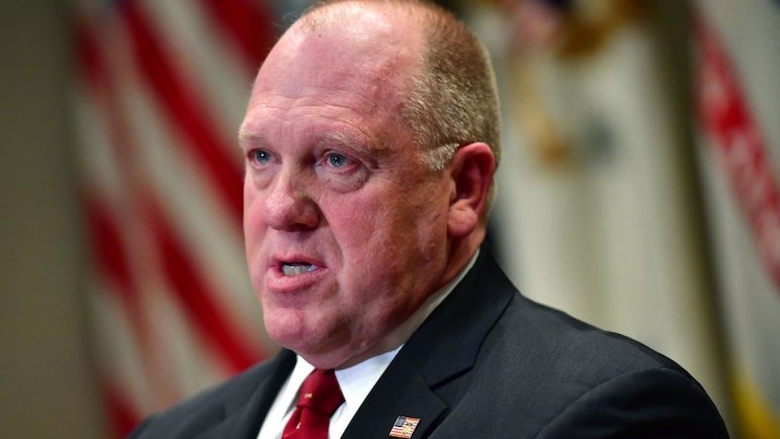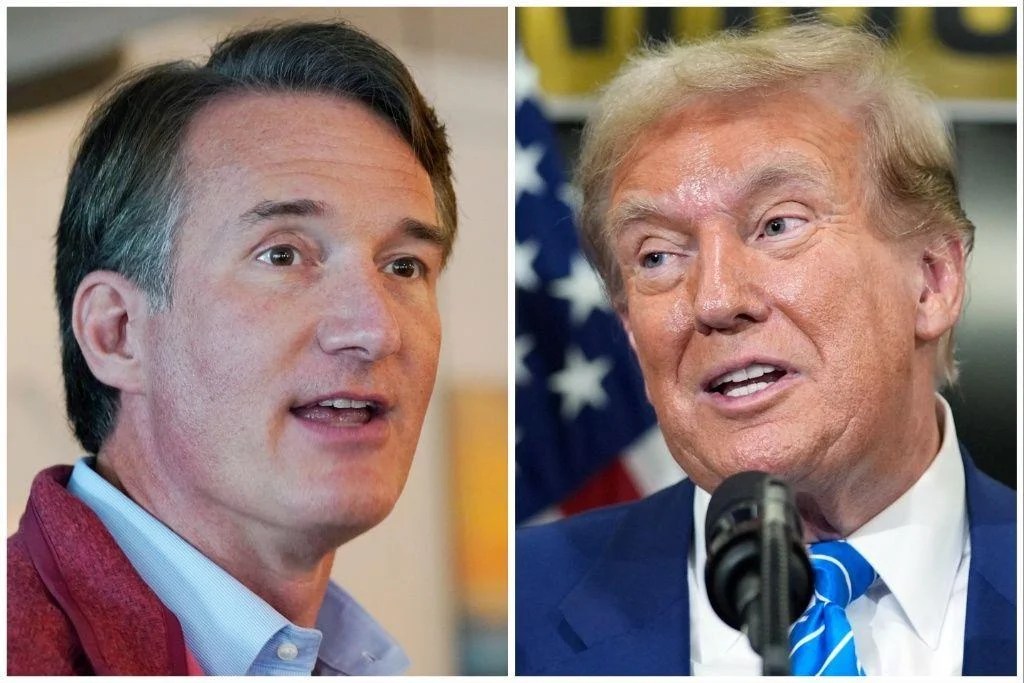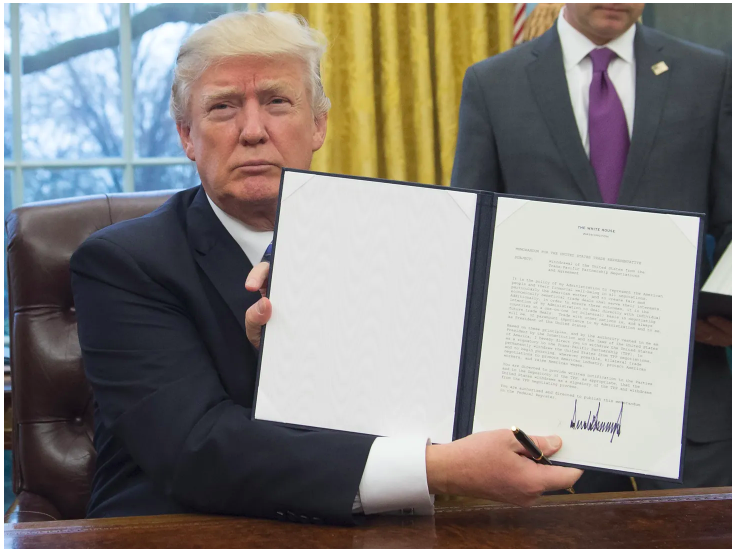President-elect Donald Trump’s recently appointed “border czar,” Tom Homan, has issued a bold warning to violent gangs such as Tren de Aragua and MS-13. In an interview on Donald Trump Jr.’s Triggered podcast, Homan declared, “My gang’s bigger than your gang, and we’re going to take you out, too.” This no-nonsense statement is a clear signal of the aggressive approach the incoming administration plans to take on border security.
Homan, who previously served as head of U.S. Immigration and Customs Enforcement (ICE) during Trump’s first term, will oversee border security operations in the new administration without requiring Senate confirmation. In response to a question from Trump Jr. about his main message to Americans eager for strong border measures, Homan replied, “I got three words for them: shock and awe. You’re going to see us take this country back.”
Homan’s return marks a renewed commitment to Trump’s vision of stringent border enforcement, a stance that has sparked both support and controversy. Known for his hardline approach, Homan has been vocal about his intent to address illegal immigration directly. In a recent interview with The New York Times, he emphasized, “I’m not anti-immigrant, I’m anti-illegal immigration. If people saw what I saw, they’d be anti-illegal immigration, too.”
Homan went on to criticize Congress for what he sees as political gamesmanship with immigration law. “I’m sick of it,” he said. “I’ve had people call me racist or a white nationalist because I enforce the immigration law. Well, what does that make Congress? They wrote the law.”
Homan’s appointment also suggests Trump’s plans to heavily integrate Project 2025, a detailed conservative policy blueprint spearheaded by The Heritage Foundation, where Homan is a visiting fellow. This initiative outlines a range of conservative policy proposals, with a special emphasis on border security and immigration reform. Critics argue that Trump’s choice of Homan signals a readiness to rely on this policy framework to fulfill campaign promises on immigration and deportations.
The “border czar” role does not require Senate confirmation, meaning Homan’s strategies are less likely to face immediate checks from Congress. CNBC also reported that Homan could operate with minimal additional oversight, allowing him a high degree of autonomy in carrying out Trump’s border agenda.
Homan is well aware of the obstacles he may face from Democratic leaders and immigration advocates who are critical of Trump’s deportation and border enforcement policies. During a recent appearance on conservative commentator Tomi Lahren’s YouTube show, Homan acknowledged the potential for lawsuits and bureaucratic challenges. “They’re going to put roadblocks up, I get it,” he said. “They’re going to try to slow us down, but they aren’t going to stop us. And if they don’t want to help us, then get the hell out of our way because we are going to do the job.”
This confrontational stance has triggered concerns from immigration advocates, who argue that Trump’s hardline policies could lead to indiscriminate deportations that sweep up not only those with criminal records but also individuals without legal status who are otherwise contributing to society. Advocacy groups have warned that such actions could have devastating effects on families, including U.S.-born children who could be left behind if their parents are deported.
Despite the criticisms, Homan’s supporters argue that his no-nonsense approach to border security is exactly what the country needs. Many see his tough rhetoric as a refreshing change, especially after years of debate over immigration policies. They argue that unchecked immigration has put a strain on resources and has allowed dangerous criminals to exploit U.S. borders.
Homan’s rhetoric echoes Trump’s 2020 campaign promise to restore order at the southern border, a central issue for many of his supporters. These advocates contend that focusing on criminal organizations such as Tren de Aragua and MS-13 is a necessary step to secure the country and restore safety to communities that have been affected by gang violence.
As he prepares to take up his new role, Homan seems resolute about tackling the issues at the border head-on. While critics argue that his approach is overly aggressive and risks collateral damage to families and communities, Homan and his supporters maintain that the urgency of the situation demands decisive action.
During his time with ICE, Homan led initiatives that resulted in record numbers of deportations and detention of undocumented individuals. His history of strict enforcement suggests that the upcoming term could see an intensified focus on deportations, particularly in cases where individuals have committed violent crimes. With Homan as the public face of Trump’s immigration policy, his promises of “shock and awe” at the border are likely to stir both support and opposition.
In the coming months, all eyes will be on Homan as he begins to implement Trump’s border policies and moves to fulfill his promise to combat illegal immigration and gang violence. Whether his plans will bring the desired security outcomes or exacerbate tensions remains to be seen, but one thing is clear: Tom Homan is ready for the fight.



We should rent detention space in foreign countries for criminal aliens illegally here. No foreign aid if the countries fail to meet the terms of the detention agreement and significantly increased penalty if criminals attempt to re enter.